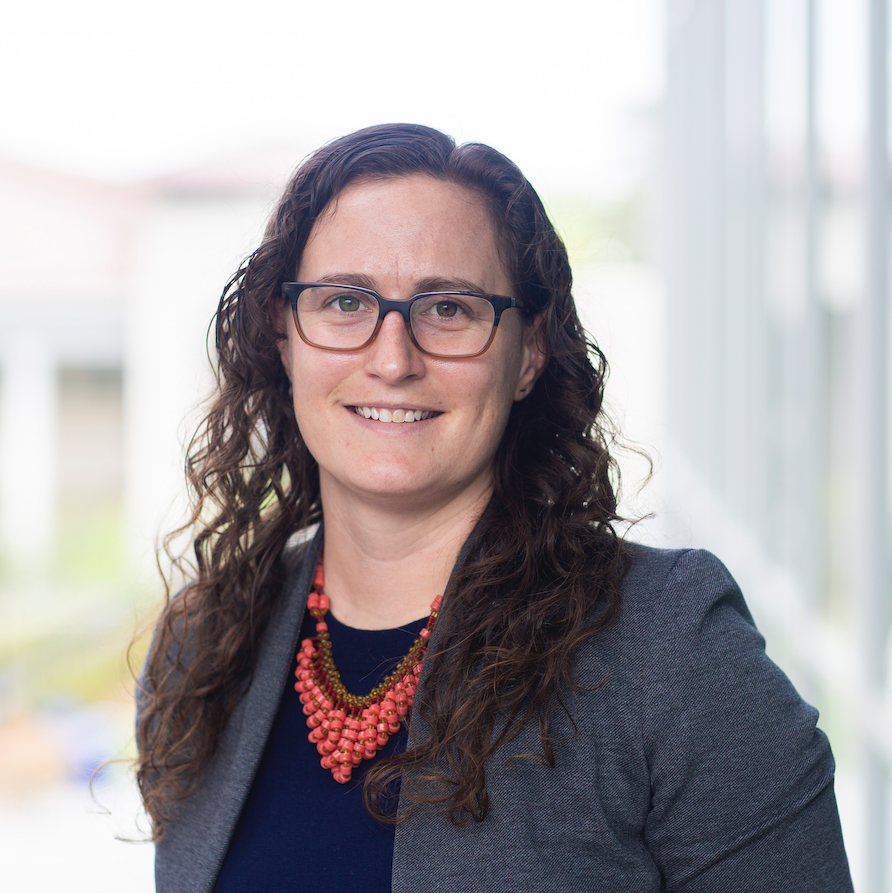Fellowship Program
……………………………………………………
Our yearly Fellowship programme is designed for academics and practitioners at all stages of their career to engage in electoral integrity research, with the support of the EIP, other fellows, and members of our Advisory Board. Junior Fellows are academics at the level of Master’s or PhD Student. Fellows are academic at the level of postdoctoral fellow, Assistant Professor, Lecturer, or the equivalent. Senior Fellows are academics at the level of Associate or Full Professor, Senior or Principal Lecturer, Reader, or the equivalent. Practitioner Fellows are practitioners in a field related to electoral integrity at any stage of their career. This may include fellows from government, non-governmental, civil society, or industry.
2023 Fellows
Christopher Appiah-Thompson, Fellow
Christopher completed his Doctoral degree at Australia’s University of Newcastle with a thesis titled “Ghana’s Disputed Elections of 1992 and 2012: The Significance of Political Culture.” His research interests include Political Culture, Electoral Governance and Peace and Conflict Studies in Africa.
Narda Carranza Pinedo, Practitioner Fellow
Narda is a researcher at the National Office of Electoral Processes of Peru, managing editor of Elecciones journal, and professor in the Department of Political Science at the Antonio Ruiz de Montoya University (Peru). Her leading research focuses on electoral policies design and implementation, inclusive elections, and primaries.
Abel Eseru, Practitioner Fellow
Abel is a Democracy and Electoral Governance practitioner. He works currently with Alliance for Finance Monitoring (ACFIM) in Uganda as a Political Finance Researcher. Abel is a member of the International Political Science Association’s Research Committee on Political Finance and Political Corruption.
Ndiaga Gueye, HC2P Fellow
Ndiaga is a computer engineer specialized in web development, with a Master’s in Web development and Multimedia, and 20 years experience in building web applications. Currently President of an association defending and promoting human rights in the digital era, known as digital rights, he is a doctoral candidate in Information and Communication Sciences at the UCAD University of Dakar, Senegal.
Laurel Harbridge-Yong, Manatt Fellow
Laurel is an Associate Professor of Political Science and a Faculty Fellow at the Institute for Policy Research at Northwestern University. She received her PhD in 2009 from Stanford University. Her research examines partisan conflict and the difficulty of reaching bipartisan agreements and legislative compromises in American politics.
Aleena Khan, Junior Fellow
Aleena is a Ph.D. student in the Department of Political Science at the University of Illinois at Urbana-Champaign, where she currently serves as a Data Analytics consultant at the Center for Innovation in Teaching & Learning (CITL). Her current academic research focuses on understanding American identity and perceptions of anti-Americanism in the United States.
Sushav Niraula, Practitioner Fellow
Sushav is a Nepal-based public policy researcher and practitioner. Within the overall domain of development management, governance, and public policy, his interests lie around issues surrounding political parties, elections, ethnic minorities, and democratic governance. Currently, he is associated with Kathmandu University as a researcher and a visiting faculty for the Masters in Public Policy Programme.
Sam Power, Senior Fellow
Sam is Senior Lecturer in the Politics Department at the University of Sussex. He is expert in political financing and electoral regulation and has published widely on these themes. He is also a regular media commentator and has given over 100 interviews to the BBC, ITV and Sky (amongst others), and written comment pieces for outlets such as the Washington Post, New Statesman, The Conversation and OpenDemocracy.
Jessie Trudeau, fellow
Jessie is a Postdoctoral Fellow at the Center for Philosophy, Politics, and Economics at Brown University. She will start a position as Assistant Professor of Political Science at Syracuse University’s Maxwell School in Fall 2023. Her research interests include political economy of development, crime and violence, policing, and clientelism.
Rebecca Wagner, Junior Fellow
Rebecca is a doctoral researcher at the Peace Research Institute (PRIF) in Frankfurt where she conducts research on resistance and resilience, international democracy support, civil society and elections. Before joining PRIF, Rebecca gained more than seven years’ experience of international human rights and democracy support work. Further, she is an international election observer in ODIHR /OSCE Election Observation Missions.
Marcella Morris, Junior Fellow
Marcella is a Ph.D. Candidate at Emory University. She studies conflict and post-conflict institution-building with a particular focus on how transitions are provided for in peace agreements. Currently she is a Graduate Assistant for The Carter Center’s Democracy Program.











